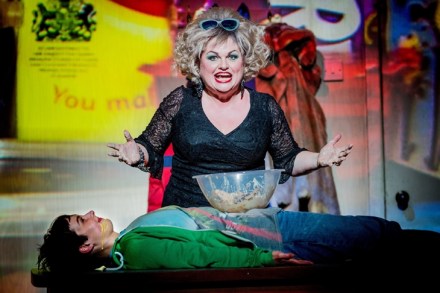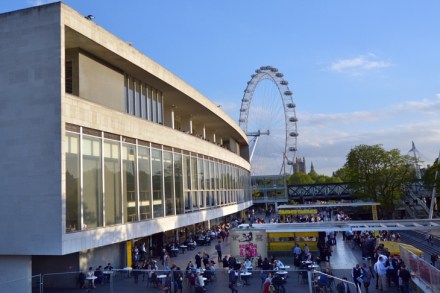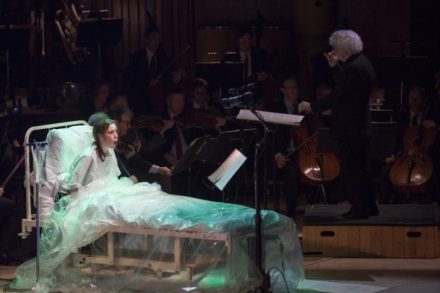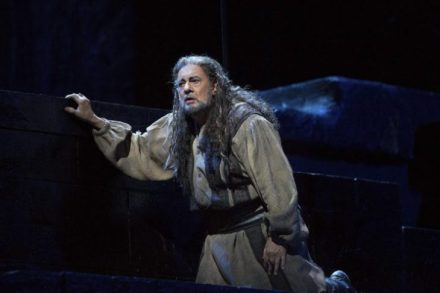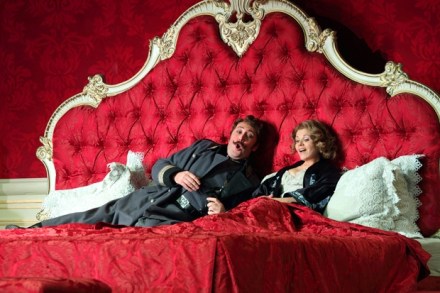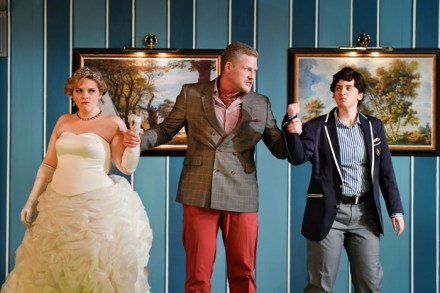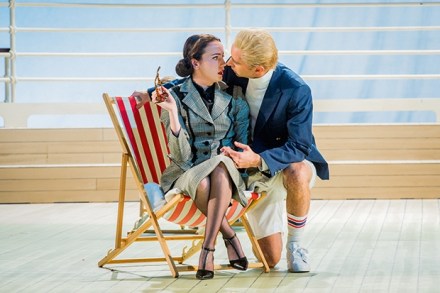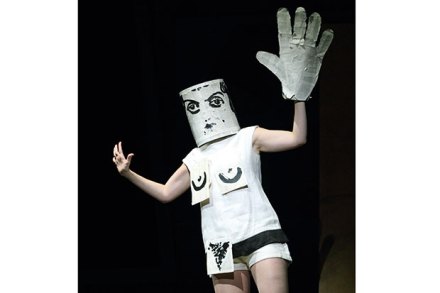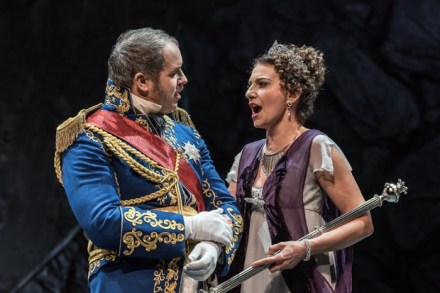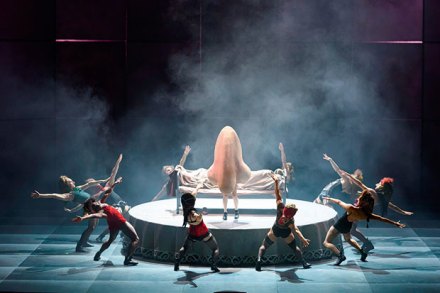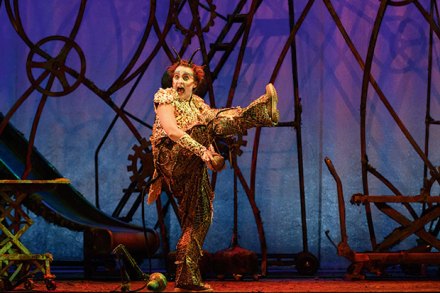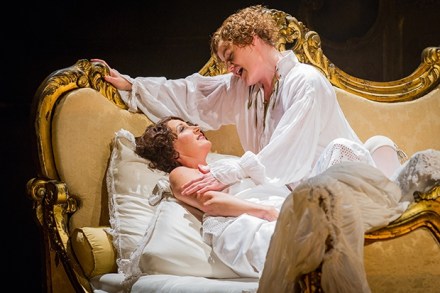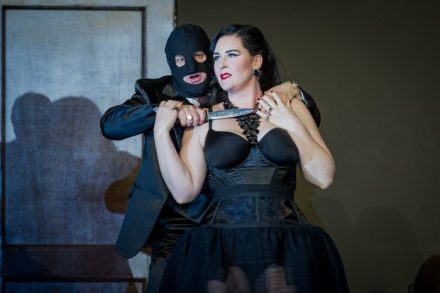Losing the plot | 9 February 2017
Fully to enjoy Opera North’s new production of Humperdinck’s Hansel and Gretel you need to take a trinocular perspective on it, but you can enjoy it a lot anyway. You could be mystified, if you don’t know the story, by the setting and action, as indeed I was some of the time despite having recently watched a straightforward account of it from Vienna on DVD, and having seen countless productions of it. So I would advise at least reading the plot. As so often with contemporary operatic productions, the synopsis in the programme book bears only a passing resemblance to what you see on the stage. If you are conscientious
